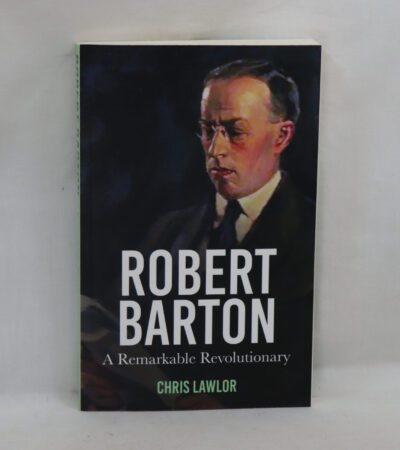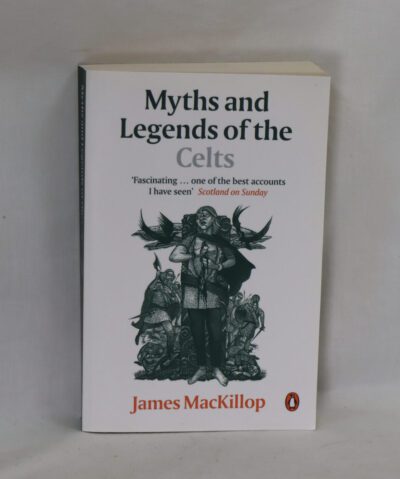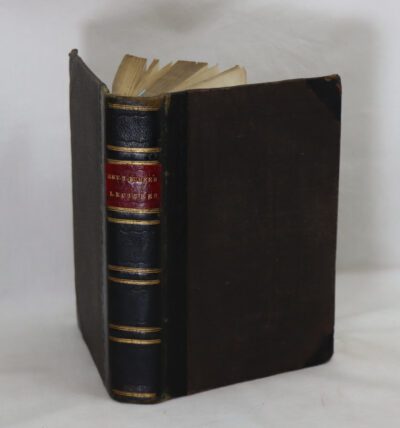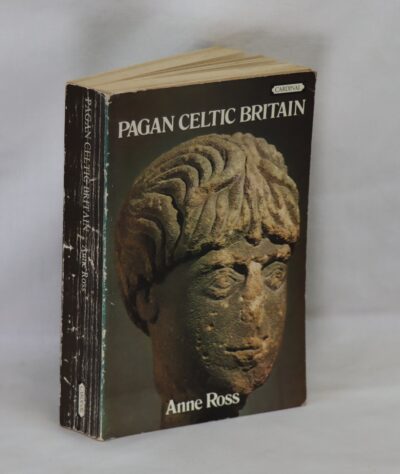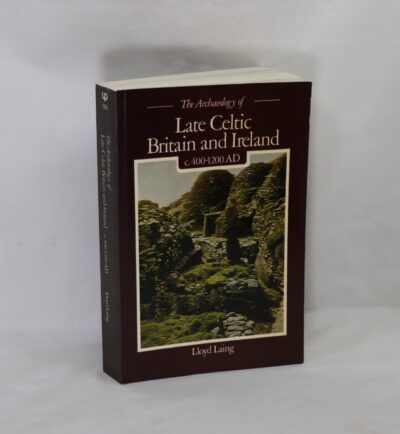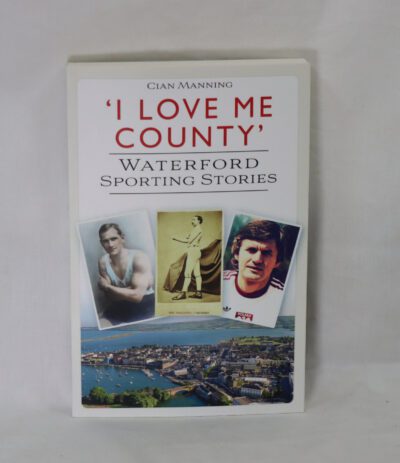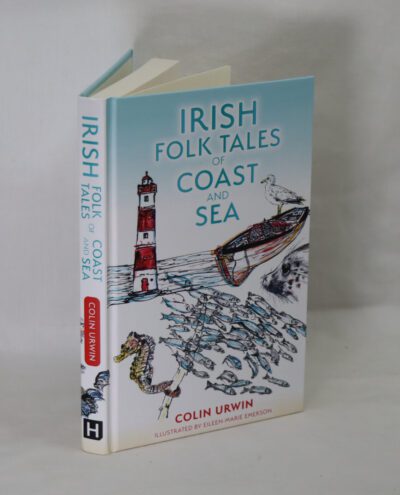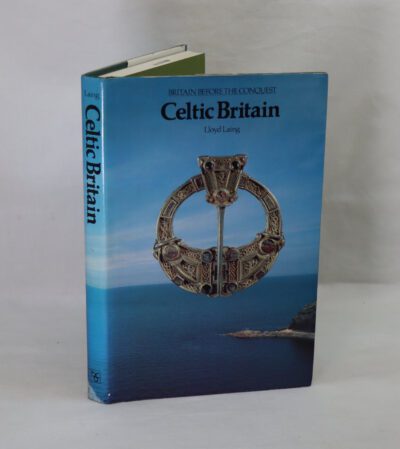Cu Chulainn. An Iron Age Hero.
By Daragh Smyth
Printed: 2005
Publisher: Irish Academic Press. Dublin
Edition: First edition
| Dimensions | 16 × 24 × 2 cm |
|---|---|
| Language |
Language: English
Size (cminches): 16 x 24 x 2
Condition: Fine (See explanation of ratings)
Item information
Description
Softback. Green binding with image of a figure tied to a tree.
F.B.A. provides an in-depth photographic presentation of this item to stimulate your feel and touch. More traditional book descriptions are immediately available.
A truly fascinating story
The book tells the life story of an Iron Age hero, providing a history of Iron Age Ulster and its customs. Cu Chulainn was the greatest hero of a heroic age centered on Ulster and North Leinster. He is in the European tradition of heroes, from Ajax to Achilles to King Arthur. He was a demi-god, having both a solar deity, Lug, and Conchobar mac Nessa, King of Ulster, for his ancestors.
Cú Chulainn sometimes known in English as Cuhullin, is a warrior hero and demigod in the Ulster Cycle of Irish mythology, as well as in Scottish and Manx folklore. He is believed to be an incarnation of the Irish god Lugh, who is also his father. His mother is the mortal Deichtine, sister of king Conchobar mac Nessa.
Born Sétanta, he gained his better-known name as a child, after killing Culann’s fierce guard dog in self-defence and offering to take its place until a replacement could be reared, hence he became the “Hound (cú) of Culann”. He was trained in martial arts by Scáthach, who gave him the spear Gáe Bulg. It was prophesied that his great deeds would give him everlasting fame, but that his life would be short. At the age of seventeen he defends Ulster single-handedly against the armies of queen Medb of Connacht in the famous Táin Bó Cúailnge (“Cattle Raid of Cooley”). He is known for his terrifying battle frenzy (ríastrad), in which he becomes an unrecognisable monster who knows neither friend nor foe. He fights from his chariot, driven by his loyal charioteer Láeg and drawn by his horses, Liath Macha and Dub Sainglend.
Cú Chulainn’s wife is Emer, although he has many other lovers. With Aífe he has a son named Connla, whom Cú Chulainn tragically kills. Cú Chulainn himself is said to have died in battle, binding himself to a standing stone so he can die on his feet. He later became an icon for Irish nationalists.
Want to know more about this item?

Related products
Share this Page with a friend



